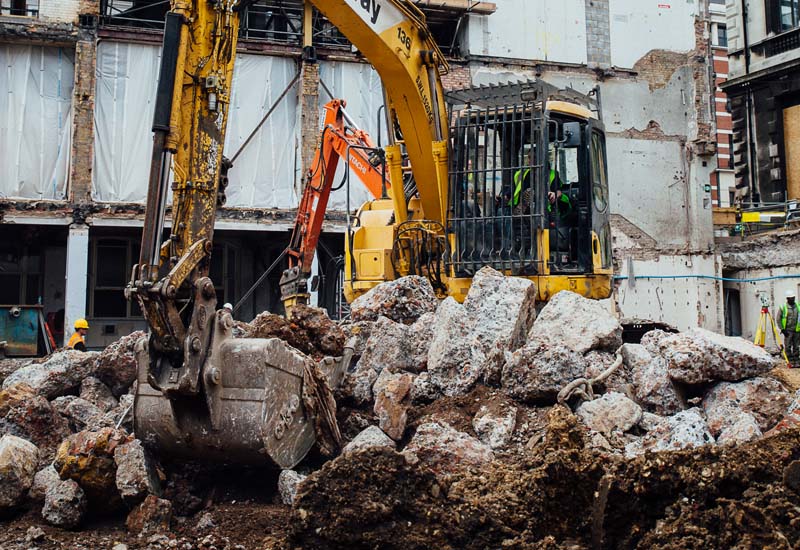
PHPD takes a look through some of the reactions to the 2016 Budget.
Brian Berry, Chief Executive of the FMB.
“The Government has set itself a target of a million new homes by 2020. That is rightly ambitious, but the continuing gap between what’s being built and what needs to be built makes hitting that target more difficult by the day. Official statistics show that annual housing completions in England totalled just over 140,000 in 2015, a long way short of the 200,000 homes we need every year to hit one million. We are nearly 12 months into the current Parliament and the Government is already falling well behind on its targets. We recognise that the Government is working on a number of fronts to speed up the planning process and intervene to support first time buyers, and some of the measures in today’s Budget are welcome steps forward. Yet these announcements are limited in scope and won’t signal the step change that we need to see. We cannot afford to lose momentum in the battle to beat the housing crisis.”
Dr Diana Montgomery, Chief Executive of the Construction Products Association.
“The Chancellor has rightfully recognised the value of infrastructure investment, both for the present and future generations’ benefit. The government’s support for the National Infrastructure Commission is encouraging and the list of projects given the green light such as HS3, Crossrail 2 and numerous other schemes across the country will please everyone in the construction supply chain. Still, we are very mindful that announcements are one thing but spades in the ground are another thing altogether. We therefore welcome the announcement of a National Infrastructure Delivery Plan which we hope will provide clear, short-term delivery details for major projects and give manufacturers and builders the confidence they need to invest in skills and manufacturing capacity.”
Kersten Muller, Partner, Real Estate Tax, Grant Thornton UK LLP.
“It is clear by now that the Chancellor does not want to encourage residential property investment through the tax system, undoubtedly in the hope that this will improve conditions for potential home owners. It remains to be seen whether these measures will address the supply/demand imbalance that has been driving up prices. Small plans were announced to unlock house building on brownfield sites under the Starter Homes Land Fund but this is only enough for 30,000 new homes, falling way short of targets for 2020. So, first time buyers are still priced out of the residential property market because the economies of poor supply and strong demand mean homes are still unaffordable for the many.”
John Newcomb, Builders Merchant Federation (BMF) Managing Director.
“The Chancellor reaffirmed his wish to simplify and speed up planning permission to increase housing completions and at a faster rate. With the Housing and Planning Bill currently before parliament, we are lobbying ministers to maintain the momentum to narrow the gap between housing demand & supply. More supply-side efforts are crucial to shorten the time it takes builders to start onsite and accelerate the number of homes completed.”
Mark Sismey-Durrant, Chief Executive Officer at Hampshire Trust Bank.
“This is a positive Budget for small businesses. A strong combination of reductions in corporation tax, a more generous business rate threshold and a continued freeze on fuel duty means that smaller firms are being given a much-needed financial lifeline. However, we are concerned that smaller businesses may now just sit with more money in their current accounts without investing this cash, due to concerns about a slowing economy. This means that both the Government and financial institutions need to do all they can to help businesses of all sizes to invest in their futures. The UK economy urgently needs companies to develop and grow, in order to drive consumer spending and get the economy moving again.”








